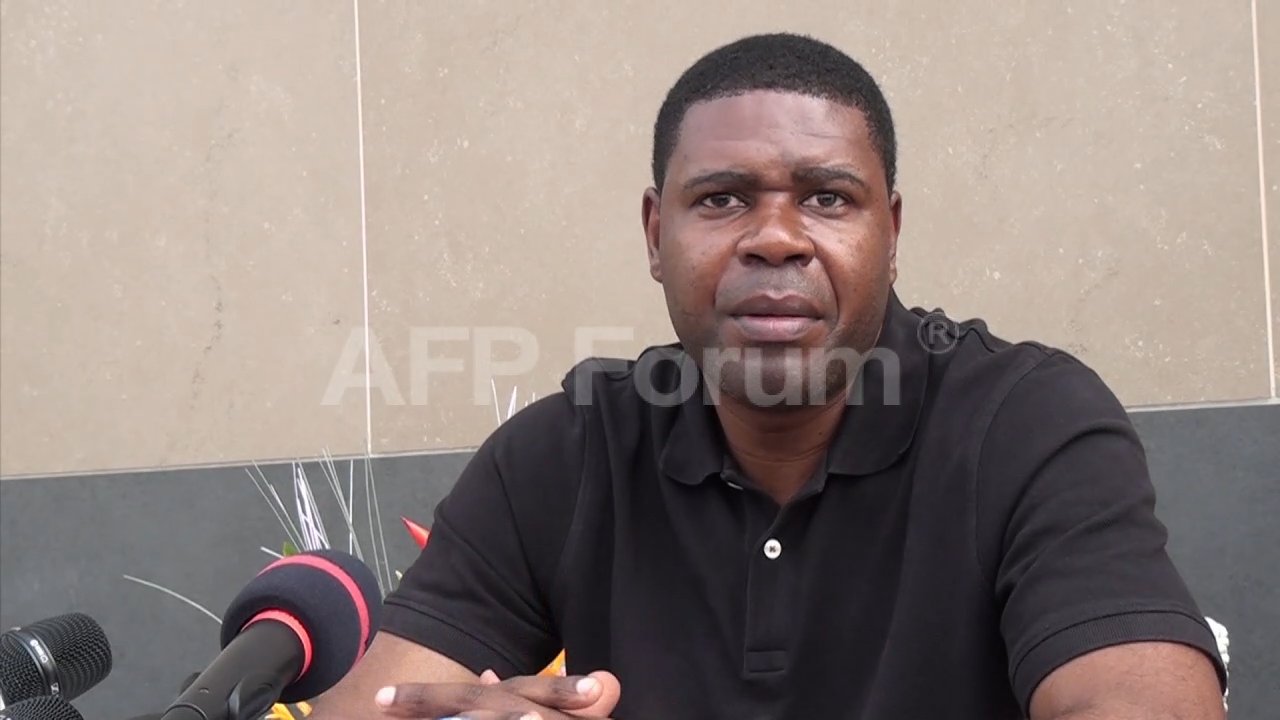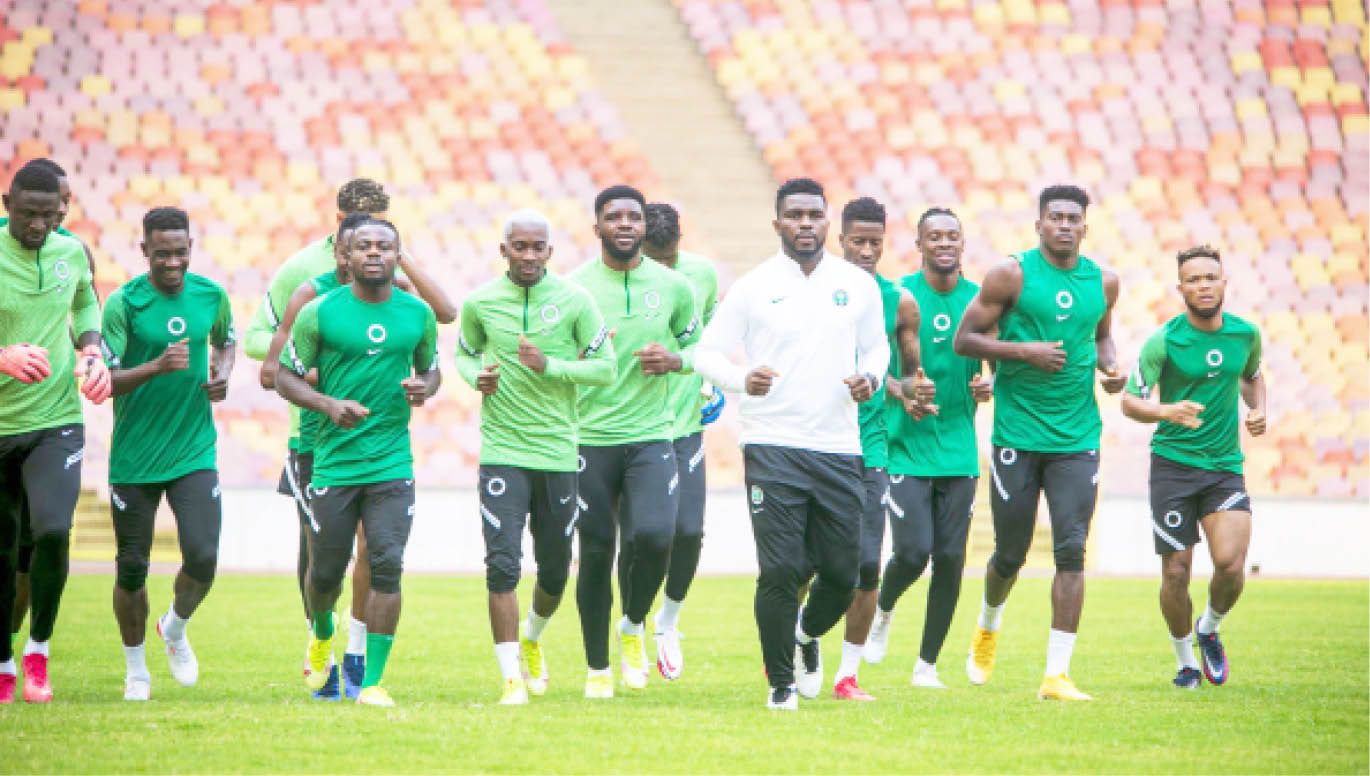
Shocking Scandal: Equatorial Guinea President’s Son Convicted for Selling National Plane

The political landscape of Equatorial Guinea has once again been thrown into the spotlight after an explosive corruption scandal involving one of the most powerful figures in the country’s ruling elite. The son of President Teodoro Obiang Nguema Mbasogo, who has ruled the small oil-rich Central African nation for over four decades, has been convicted for selling off a national plane, an incident that has left citizens, international observers, and the global community in shock. This unprecedented development is stirring heated debates about corruption, abuse of power, and accountability in one of Africa’s most secretive states.
According to reports, the president’s son, who holds a senior government position and has long been accused of lavish spending and embezzlement, orchestrated the illegal sale of a state-owned aircraft, diverting millions of dollars into private pockets. The plane, which belonged to the national fleet, was allegedly sold under dubious circumstances, raising questions about how state resources could so easily be siphoned off for personal gain by someone so close to the seat of power. This case has been described as one of the most brazen demonstrations of corruption in Equatorial Guinea’s history, a country where the ruling family already faces global scrutiny over extravagant lifestyles funded by national wealth.
For years, Equatorial Guinea’s ruling elite has been dogged by allegations of corruption and misuse of public resources. With vast oil reserves, the country is among Africa’s biggest petroleum producers, yet a significant percentage of its population continues to live in poverty. This disconnect between the nation’s natural wealth and the suffering of its citizens has been attributed to entrenched corruption, weak institutions, and unchecked power concentrated in the hands of the ruling Obiang family. The conviction of the president’s son marks a rare moment of accountability, but many remain skeptical about whether the punishment will be meaningful or merely a symbolic act aimed at appeasing critics both at home and abroad.
The details of the case suggest that the plane, valued at tens of millions of dollars, was sold through secretive deals to private interests outside the country, with little or no benefit to the state. The proceeds were reportedly diverted to personal accounts and luxury purchases, reinforcing the long-standing narrative of the ruling family’s taste for excess. This revelation adds to an already growing list of controversies surrounding the president’s son, who has in the past faced international investigations for money laundering, property acquisitions in Europe and the United States, and the purchase of luxury cars, yachts, and mansions worth hundreds of millions.
Observers note that this latest scandal has intensified scrutiny on Equatorial Guinea’s leadership at a time when the country is struggling with economic stagnation and growing public discontent. Despite decades of oil production, basic infrastructure such as hospitals, schools, and social services remain inadequate, with many citizens unable to access clean water, reliable electricity, or quality healthcare. The mismanagement of national resources has created widespread frustration, and this conviction, though significant, highlights the systemic rot that has plagued governance in the country for years.
International organizations and human rights groups have also reacted strongly to the news, describing it as another example of the blatant corruption that has undermined Equatorial Guinea’s development. Transparency International, a leading anti-corruption watchdog, noted that while the conviction is notable, it does little to change the entrenched system of impunity that has allowed such abuses to flourish unchecked. Some analysts argue that the case may be politically motivated, possibly intended to discipline the president’s son for internal power struggles or to send a message to rival factions within the ruling elite, rather than a genuine effort to combat corruption.
The international community has long kept a close eye on Equatorial Guinea due to its vast oil wealth and strategic position in Central Africa. In the past, foreign governments, including France and the United States, have pursued cases against members of the Obiang family for money laundering and asset seizures linked to corruption. High-profile confiscations of luxury assets such as mansions in Paris, exotic cars, and private jets have underscored the family’s extravagant use of public funds. The conviction of the president’s son over the sale of a national plane now adds to this troubling legacy, reinforcing concerns about the systemic plundering of national wealth.
At home, reactions to the scandal have been mixed. While some citizens express a sense of vindication that the ruling elite is finally being held accountable, others remain deeply cynical. For many Equatorial Guineans, this conviction changes little about their daily reality, as poverty, unemployment, and lack of opportunities continue to define life for ordinary people. Critics argue that until there is a genuine restructuring of the political system, with stronger institutions, transparency, and real democratic accountability, scandals such as this will continue to emerge, and the cycle of corruption will persist.
The ruling family, however, remains firmly in control, and the president’s decades-long grip on power shows little sign of weakening. Some analysts suggest that the conviction of his son could even be a carefully calculated move to strengthen the regime’s image internationally, portraying it as willing to punish corruption when, in reality, the core system remains untouched. The opacity surrounding the trial proceedings and the lack of clarity about the severity of the punishment has only fueled suspicions that this could be more of a political maneuver than a genuine step toward reform.
As the story continues to unfold, the spotlight remains firmly on Equatorial Guinea, a nation where wealth and power are concentrated in the hands of a few, while millions of citizens struggle to survive. The sale of a national plane by the president’s son stands as a shocking symbol of the excesses of unchecked power and the dangers of corruption that undermines a nation’s future. For the people of Equatorial Guinea, the incident is yet another reminder of how fragile their hopes for progress and accountability remain under a system dominated by one family’s grip on power.
The conviction, while headline-grabbing, raises deeper questions about the future of governance in Equatorial Guinea. Will this mark the beginning of real accountability, or will it be remembered as just another scandal in the long list of corruption cases that have characterized the country’s politics? For now, the world is watching closely, and the people of Equatorial Guinea continue to wait for the day when the wealth of their nation is used to build a better future rather than to fund the extravagance of a privileged few.


